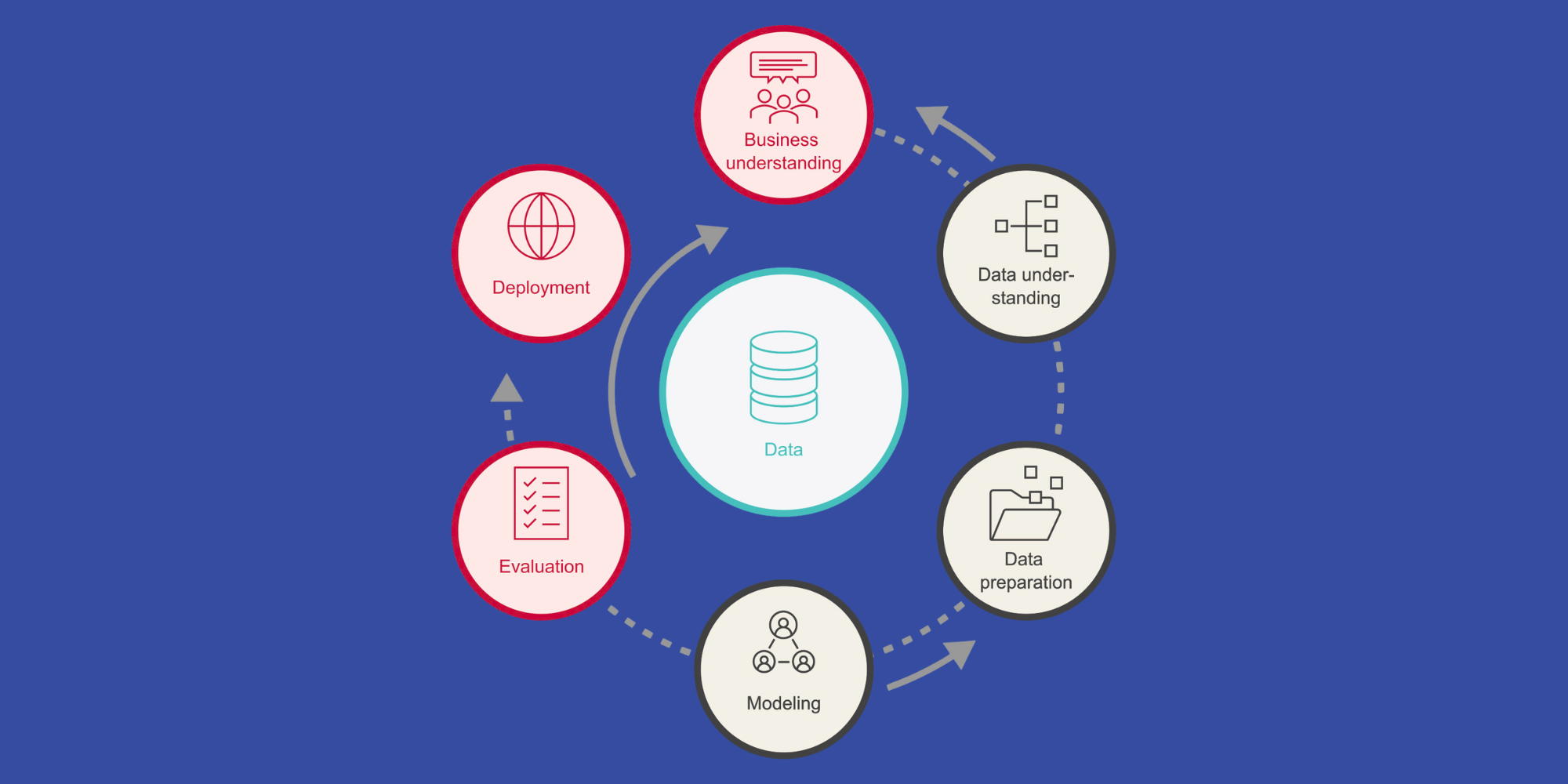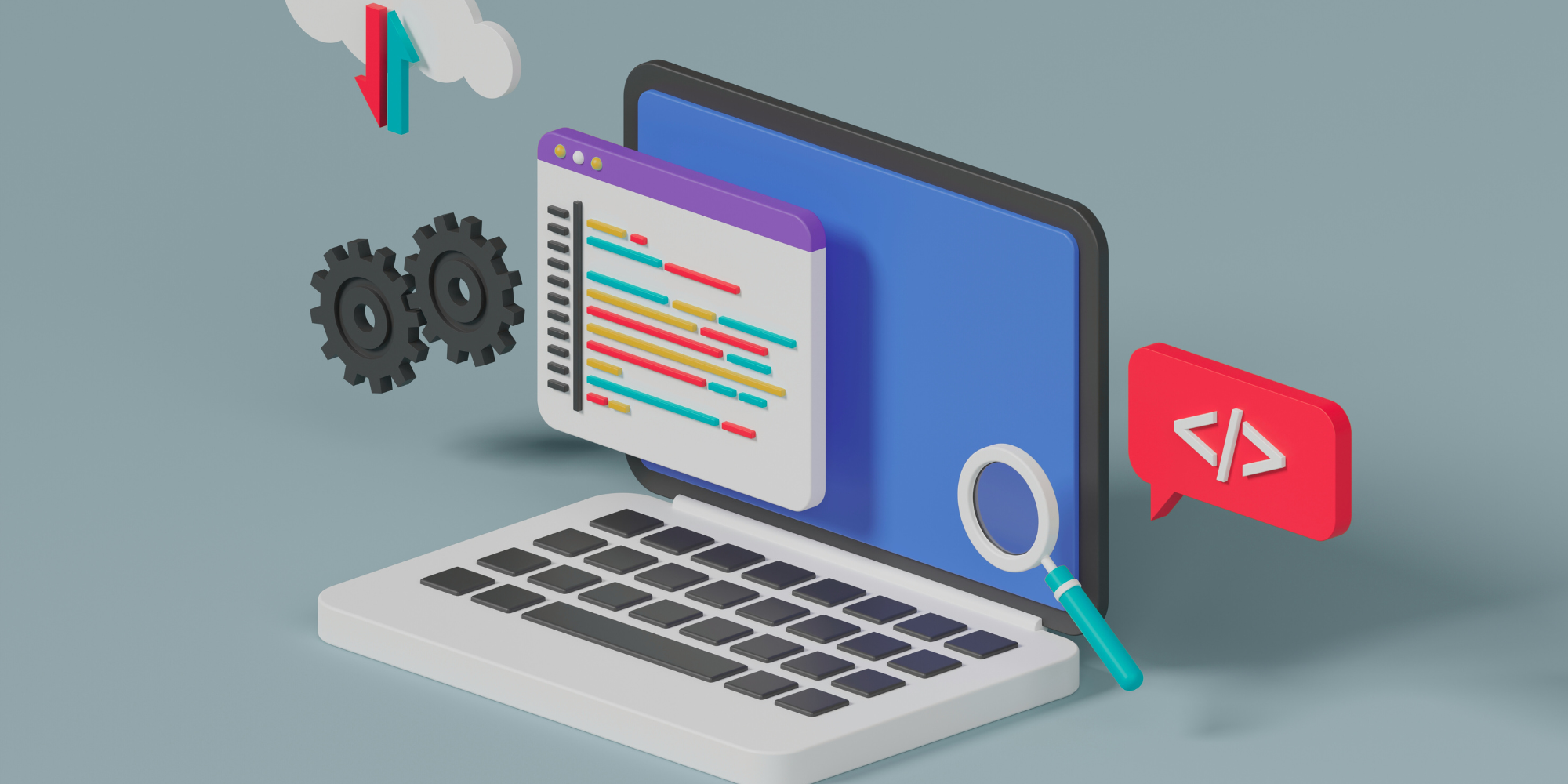Have you been eyeing a career in data science but feeling unsure about your math skills? You’re not alone. Many people see math as a hurdle, but the truth is, the level of math expertise needed to start a career as a data scientist is more attainable than you'd think. With the right foundation and support, you can master the skills you need, and we're here to guide you every step of the way.
The Math Behind Data Science
Data science combines technical expertise with problem-solving to unlock valuable insights, and while math is undeniably a core component, you don’t have to be a math genius to succeed. Most of your math focus will center on three main areas:
1. Statistics and Probability: The Cornerstone of Data Science
If data science has a heartbeat, it’s built on the principles of statistics and probability. From designing experiments to interpreting complex datasets, these skills empower you to make informed decisions and extract actionable insights.
Expect to:
- Integrate statistical inference into data analysis using Python and Pyspark
- Implement methodologies such as confidence intervals and hypothesis testing
- Work with single and multivariate datasets including big data applications
- Learn to apply inference to proportions, means, categorical data, and explore advanced methods for comparing two or more groups
While building your expertise in this area requires time and practice, rest assured that everything can be broken down into manageable steps. Our curriculum demystifies complex concepts, helping you progress from foundational knowledge to professional competence.
2. Calculus: Understanding How Models Work
Calculus often feels intimidating, but here’s some good news: you won’t need to derive equations all day. Instead, you’ll focus on key principles like gradients and optimization, which power the algorithms and models you’ll work with in real-world applications.
Here’s where calculus comes into play:
- Gradient Descent: This algorithm adjusts parameters to minimize error, guiding machine learning models toward optimal performance.
- Rate of Change: Understanding how changes in input affect outcomes helps fine-tune predictive models.
3. Linear Algebra: The Backbone of Data Manipulation
Data science runs on data, and linear algebra is the framework that organizes it. Whether you’re reducing data dimensions with Principal Component Analysis or training neural networks, linear algebra forms the language of computation. Techniques like matrix multiplication, eigenvalues, and vectors will help you understand how models process information.
But don’t worry! You won’t have to perform heavy calculations by hand. Software tools like Python and specialized libraries handle most of the work. Rather than memorizing equations, you'll focus on learning the principles and how they apply to solving real-world problems.
Why Statistics Takes Center Stage
While calculus and linear algebra form the underpinnings of data science, statistics takes precedence in the day-to-day tasks of most roles. Anomalies in datasets, trends, relationships, and significant results all depend on statistical thinking. By strengthening your foundation in this area, you’ll build the confidence to analyze complex datasets effectively.
To make your learning practical, the SMU x Flatiron School Data Science Bootcamp offers a curriculum designed to help you apply mathematics, statistics, and probability to data science methodologies. Through real-world scenarios, you’ll gain a deeper understanding of not just how mathematical principles work, but why they matter.
Data Science Opportunities in Texas
The Lone Star State is rapidly becoming a hub for data science innovation. From tech companies in Austin to healthcare analytics firms in Houston and energy sector opportunities in Dallas, Texas offers abundant career prospects for aspiring data scientists. With a strong demand for professionals who can interpret data and drive insights, the state is one of the nation’s most promising regions to launch your new career.
By joining our program, you'll prepare for opportunities in this thriving job market. Plus, the online format ensures flexibility regardless of where you’re based.
How We Support Your Learning Journey
We understand that stepping into a new field can feel daunting. That’s why we combine a comprehensive curriculum with unmatched support to set you up for success:
- Structured Curriculum: Build foundations with core courses like Introduction to Python, Data Science, and SQL, then advance through specialized instruction in Inferential Statistics and Regression.
- Practical Projects: Apply your knowledge to real-world datasets through hands-on assignments.
- Industry Mentorship: Gain insights from data science experts who know the job market and can guide you toward your career goals.
- Career Services: From resume reviews to interview coaching, you’ll get the tools and confidence you need to succeed in your job hunt.
- Peer Support: Join a community of like-minded learners. Collaborate, share knowledge, and celebrate milestones together.
We believe education is more than learning concepts. It’s about equipping you with the skills and community to thrive in a meaningful career.
Take the Leap Into Data Science
You don’t need an advanced math degree for a career in data science. All it takes is a willingness to learn and the right guidance to succeed. With SMU Technology Programs powered by Flatiron, you’ll move step-by-step from math basics to career-ready skills, building the confidence you need to excel.
Texas is calling for talented data scientists. Are you ready to answer?




.png)


